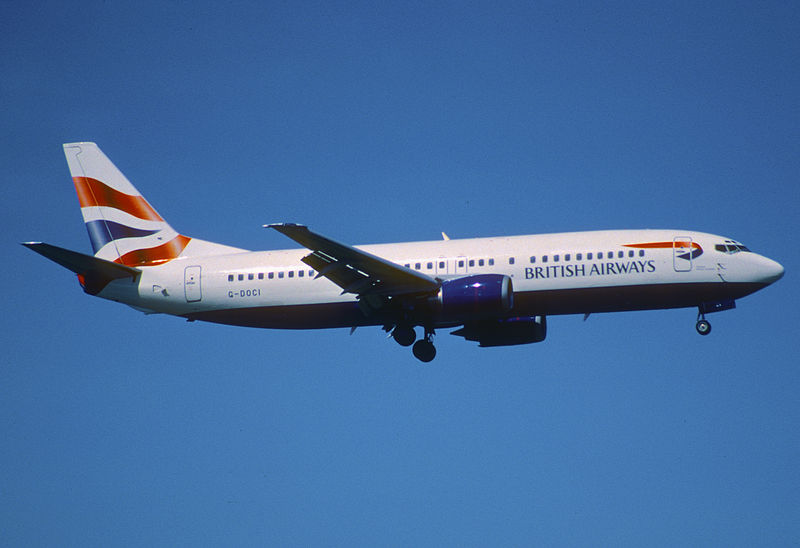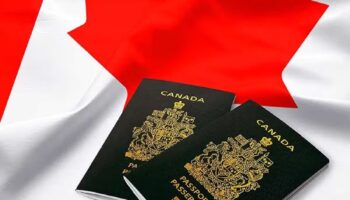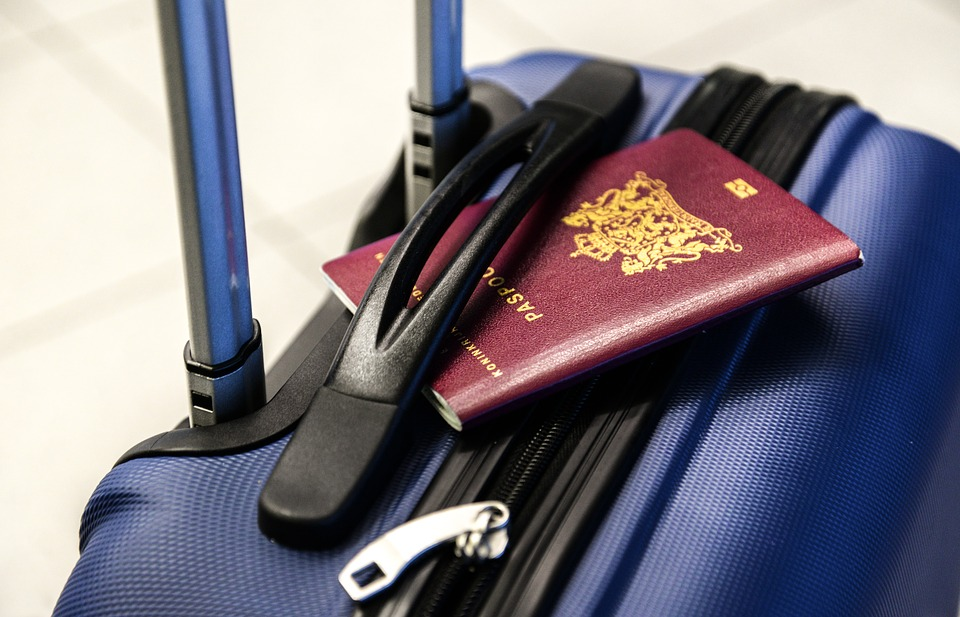If you are a frequent flyer, you may have heard the terms- low-cost carrier and full-service airlines very often. These are two distinct types of airlines, and both have their unique USPs. Let’s take a closer look at the main differences between the two types of flights in this post. Keep reading.
Both low-cost carriers and full-service carriers have their unique set of benefits. While one is more suitable for affordable travel, the other provides a luxurious flying experience. Below mentioned are a few key differences between the flights that can help you decide which one suits you the best.
#1 The Flight Fare
Low-cost carriers (LCC) have an image of being consumer-friendly and economically affordable. They typically have much cheaper air tickets as compared to Full-Service Airlines (FSA). The dip in the cost of LCC flight tickets is because it does not include any added services such as in-flight meals, beverages etc. Moreover, the legroom is lesser as more seats are added to include more passengers. A full-service airline ticket includes all the above-mentioned benefits and more; hence it is on the expensive end of the spectrum.
#2 Baggage Allowance
A full-service airline trumps a low-cost carrier when it comes to extra baggage allowance. For instance, these airlines may allow baggage limit up to 30 kgs or more as check-in baggage, whereas a low-cost airline may only allow check-in baggage up to 15-20 kgs. Some low-cost airlines only come with cabin-only baggage which means you cannot carry check-in baggage unless you pay extra for the baggage weight.
#3 In-Flight Culinary Services
While flying with a full-service airline, meals are not your concern. The ticket for FSA includes many benefits, including in-flight meals and snacks. If the flight is less than an hour, sandwiches and snacks are served. In comparison, a long-haul flight serves up to 2 in-flight meals and snacks. And if you get hungry after the meals as well, you can just ask for a hot meal.
Moreover, many international full-service flights might also offer you complimentary rounds of drinks onboard. On the other hand, budget airlines usually charge extra for any snacks or drinks, if available. You can also pre-book a meal online before boarding the flight.
#4 Pre-boarding and Post-Landing Experience
Low-cost carriers often use secondary (both in the origin and destination city/country) airports that are located further out from the main city. They come with cheaper parking charges helping LCCs lower their flying cost. Full-service airlines land at the leading airports that are often in the heart of the destination city. These airports are expensive for airlines and are often known as premium airports but come with nicer amenities for the travellers such as lounges, bigger duty-free shops and better connectivity to the city via metro, cab, bus, etc.
#5 Comfortable Flying Experience
Flying with a full-service airline proves to be much more comfortable than a low-cost carrier. FSA aims to enhance the flying experience of their passengers and hence have multiple in-flight services. From culinary services to providing comfort items such as pillows and blankets, FSA takes care of the passenger’s needs.
Low-cost carriers provide no extra meals, drinks or comfort services to avoid costs. Their main audience is flyers on a budget, hence for any extra on-flight amenities, you have to pay in advance while booking your ticket or while onboard. LCCs also have reduced staff when compared to FSA, which affects the service standard of the airline.
Which One to Choose?
Low-cost carriers are less likely to dig a hole in your wallet. However, full-service airlines can ensure a smooth flying experience, including assistance in immigration formalities if you are flying internationally.
Whether you are looking to book a low-cost or full-service airline, it is important to compare their costs and services offered before making a decision. Be it Spicejet, Indigo, Go Air booking online (low-cost carriers) or Vistara, Air India (full-service airlines) online tickets, you can find fare and details on your route and preferred date of travel on many booking websites. If you are a part of a travel loyalty program, you can also use your miles to get you the best possible quote for your flight.





